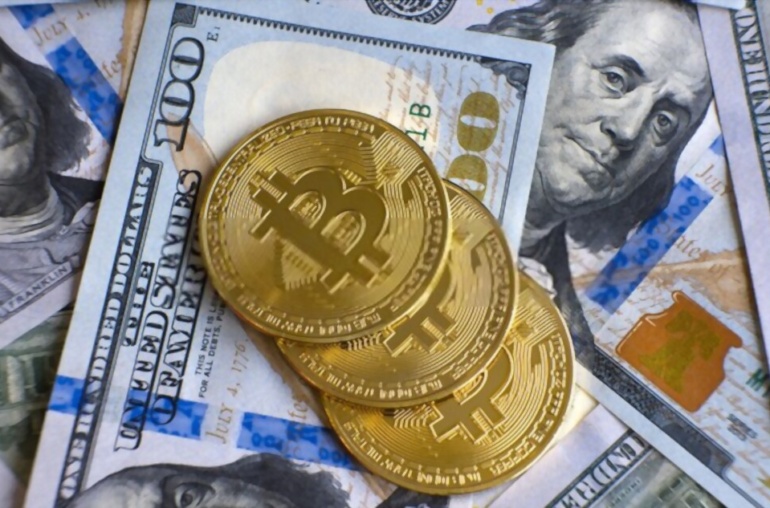
Rising inflation and weakening currency see a new flock of investors desperately seeking to hedge their wealth in digital assets.
The recent National bank of Ethiopia proclamation against the use of digital assets in the East African country has essentially done nothing to deter investors. With the Birr losing value against the dollar, more Ethiopian investors have flocked to digital assets to hedge their wealth.
African Countries Fazed With Unpreceded Inflation
The reason for emerging economies’ continued and fast-paced adoption of digital assets is not far-fetched. Global inflation rates have recently reached unprecedented levels following the Covid-19 pandemic and the ensuing macro headwind. These include the Russia- Ukraine war and the supply chain crisis.
Consequently, several countries, including the US, have initiated interest rate hikes to combat inflation. These increases are a counter-inflation mechanism that causes people to spend less and invest more, thereby reducing money ($ in this case) in circulation.
However, several reports suggest that these policies would have a detrimental effect on emerging economies largely dependent on the dollars for trade. Several prominent figures, including Square’s CEO Jack Dorsay, supports this sentiment. He shared his opinion in reply to a Twitter user’s comment on the supposed effect of rising inflation globally.
The effects of the hawkish stance of the Feds are already being felt amongst African counties, with dollars becoming scarce. Coupled with inflation and weak local currencies, investors within the continent actively look to digital assets.
Source: Statista
According to data from Statista, African countries are currently experiencing high levels of inflation. At least fifteen of them have projected inflation levels above 10%. Ethiopia and Malawi whose investors favour Bitcoin after the devaluation of the Kwacha have inflation levels of 34.5% and 10.7%. Meanwhile, Nigeria which ranks high in Africa for crypto adoption has an inflation rate of 16.1%
Consequently, local experts believe that the current situation will worsen significantly and have therefore called for long-term plans involving Bitcoin. On Twitter user, @kingxy007 shared this sentiment in a Twitter thread.
Meanwhile, as crypto winter looks set to continue, retail investors may be sceptical about investing in digital assets. However, analysts have called for patience, citing the fact that despite the price drawdowns, Bitcoin’s fundaments are still intact.
As a result of these several institutional holders of BTC, continue to hold on to their digital assets without selling them. El Salvador which adopted Bitcoin as a legal tender and purchased over $100 million worth of Bitcoin says its estimated 51% loss is superficial considering it was still hodling. This was revealed by the country’s finance minister at a press briefing. He said,
“When they tell me that the fiscal risk for El Salvador because of Bitcoin is really high, the only thing I can do is smile. The fiscal risk is extremely minimal. I have said it repeatedly: an alleged loss of $40 million has not occurred because we have not sold the coins. Forty million dollars does not even represent 0.5% of our national general budget.”
The strong stance of these institutional investors augurs well for Bitcoin in the long term and should allay fears of retail investors regarding the digital asset.
Do you think more African countries should turn towards digital assets as a hedge against inflation? Let us know your thoughts in the comments below.

Chris is a crypto enthusiast and a firm believer in the blockchain’s ability to create a new financial paradigm. Through writing, Chris hopes to expose the intricacies of this disruptive technology and how it is beneficial to Africans and developing countries. He aims to give readers a rational and unbiased outlook of the industry by equipping them with the necessary information to make enlightened investment decisions.


